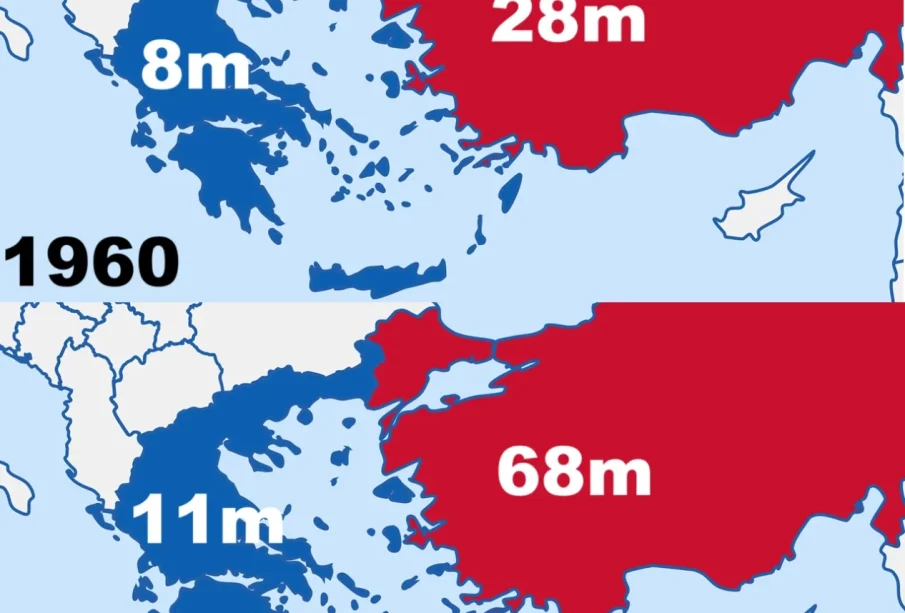Understanding Greece vs Turkey: A Complex Relationship

Introduction
The relationship between Greece and Turkey is one of the most complex and historically rich in the Mediterranean. Spanning centuries, the interactions between these two nations have been marked by a mixture of conflict, diplomacy, and cultural exchange. As both countries are NATO members and neighbours, the importance of their relationship extends beyond mere geography and history—it has significant implications for regional stability and international relations today.
Historical Context
The roots of the Greece-Turkey rivalry can be traced back to the late 19th and early 20th centuries, marked by the decline of the Ottoman Empire and the rise of nationalistic movements. Key events such as the Greco-Turkish War (1919-1922) and the population exchanges that followed solidified deep-seated animosities. The division of Cyprus in 1974 further exacerbated tensions, resulting in decades of conflict and diplomatic stalemates.
Current Events
In recent months, tensions between Greece and Turkey have resurfaced over various issues, including territorial disputes in the Aegean Sea and the status of Cyprus. According to reports from the European Union, both nations have engaged in military exercises, raising concerns about a possible escalation of conflict. Greece has sought support from its EU allies, while Turkey continues to advocate for its claims on maritime rights based on historical treaties.
Moreover, energy exploration in the Eastern Mediterranean has emerged as a contentious issue, with both countries vying for rights to potentially resource-rich areas. The EU has urged both sides to engage in dialogue to avoid further escalation, but the path to resolution remains fraught with challenges.
Conclusion
The Greece vs Turkey dynamic is a critical aspect of Mediterranean geopolitics that continues to evolve. While historical grievances persist, the potential for constructive dialogue could pave the way for a more stable relationship in the future. Analysts suggest that future negotiations will likely require both Greece and Turkey to compromise on contentious issues, particularly concerning energy rights and security arrangements in the Aegean Sea. For readers following international relations, the developments between Greece and Turkey will remain a focal point in understanding the broader geopolitical landscape of the region.









